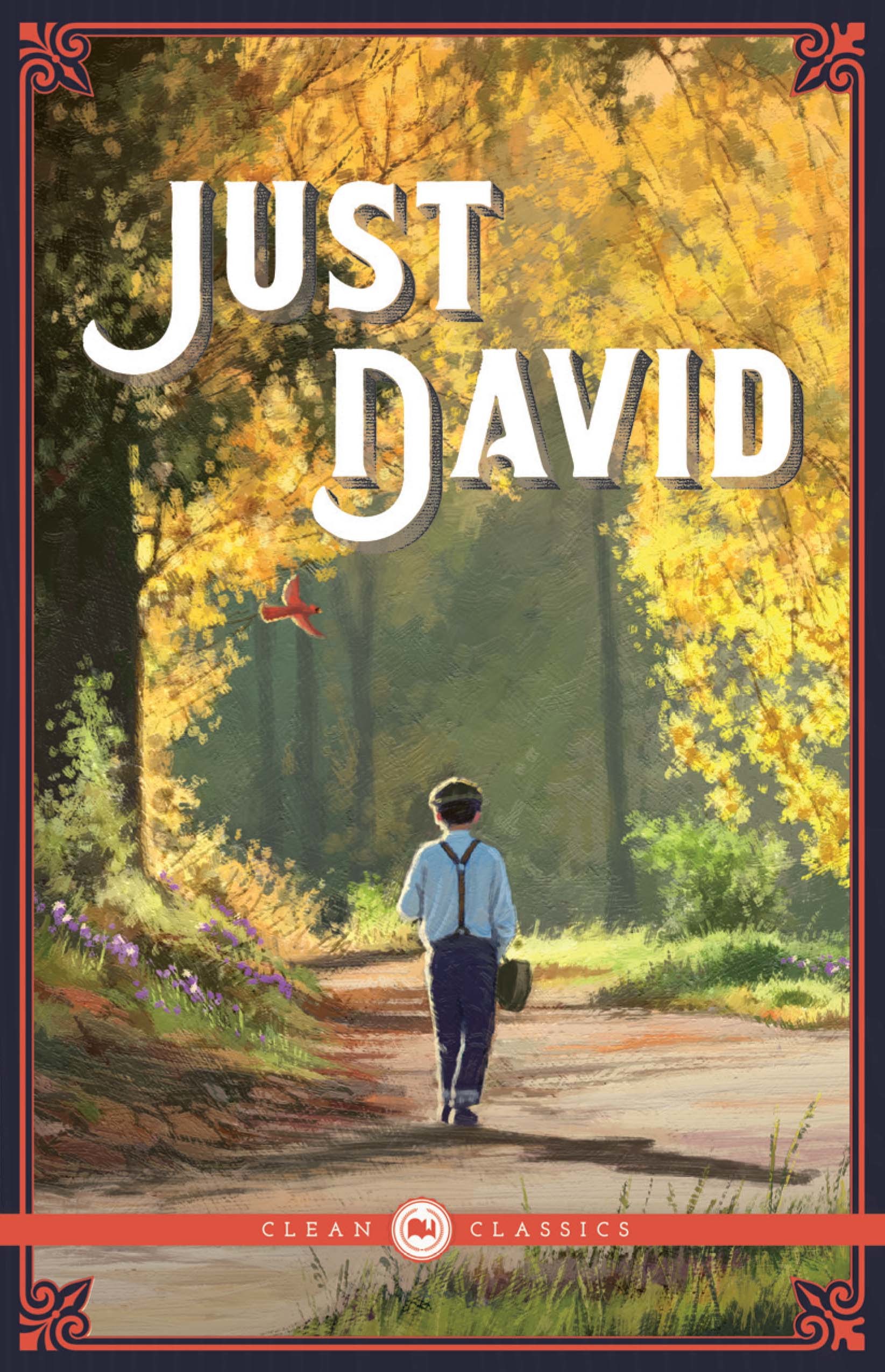The Mountain Home
byThe Mountain Home rests in a place untouched by noise and clutter, a serene corner of the world where every breeze carries a whisper and every tree stands like a silent witness. Perched on a sloping ledge, the cabin opens toward a view so expansive that it feels like a living painting. The cliffs rise behind them, sheltering the little home from the coldest winds, while ahead lies a world of green slopes, forest shadows, and a silver-threaded brook tracing the valley floor. For David, this isn’t just home—it is an extension of his soul. The wildflowers, the scattered boulders, the way sunlight drapes over the treetops at dusk—each detail feels known and loved. Time here moves slowly. There are no clocks but the sun and stars, no distractions except the occasional cloud crossing the sky.
Inside, the cabin tells a story of minds and hearts that lived quietly but richly. There are no hunting trophies or cluttered furniture, but rather the gentle presence of culture: violins hanging like sacred artifacts, books piled carefully, and music scattered like footprints across the table. The walls seem to listen more than they echo, as though every note David plays stays somewhere in the rafters. Their meals are modest, but David takes pride in helping, even if his culinary skills are guided more by instinct than recipe. He watches his father, noticing the fatigue hidden behind his eyes. He doesn’t yet understand what it means, but he sees the difference. Their conversations flow with gentle teasing, care, and the kind of love that needs few words.
That evening, as always, the violin becomes a voice. David lifts it to his shoulder, and the forest listens. His music is not practiced—it’s emotional. Each note reflects the breeze, the shadows, the quiet ache in his father’s breath. When his father joins in on another violin, their duet feels like a prayer to the mountains. But afterward, when the violins are silent, the father speaks of change. Not directly, but through hints and pauses—of leaving, of David being ready, of the world outside waiting. David tries to understand. His world has never extended beyond the ridge, the valley, the cabin. The idea of “after” frightens him.
David’s thoughts swirl with half-formed fears. He has been taught to see beauty everywhere, even in sorrow, and so he tries. But a weight presses on him. His father’s voice, though gentle, holds a finality that no child wants to hear. The concept of death exists in David’s vocabulary, but not in his heart. He believes his father will rest and return, that goodbyes are only for stories. The fire crackles softly in the hearth, and for a moment, he believes everything can stay the same.
In the following days, David notices the small ways his father slows. Walks are shorter. Chores are left undone. He spends more time in his chair, staring at the trees. David begins to take on more tasks, not out of duty, but love. Cooking, sweeping, even attempting to fix a squeaky door—all become his way of saying “stay with me.” His father watches with a quiet smile, proud but pained. At night, David plays longer. He pours into the strings every dream, every moment, trying to fill the room with hope, unaware that his father is preparing to say goodbye.
One afternoon, they sit outside, the sun soft on their faces. His father places a locket in David’s hand, inside it, a tiny portrait of a woman David has never met. He says it is someone David will someday understand. Then he gives him a letter and tells him to wait until it’s time. These are not just tokens. They are a map to the future, carefully placed in David’s heart.
This chapter is more than a scene; it is an emotional landscape. It offers a gentle, profound introduction to the deep bond between a father and son living apart from society, united by music, nature, and quiet love. The tragedy that looms is softened by the richness of their connection. The mountain home, though physically small, becomes vast through the emotions it holds. This is where David’s story begins—not with loss, but with a foundation strong enough to carry him through what comes next. It reminds us that solitude can shape wisdom, that beauty can coexist with pain, and that even in parting, there can be purpose.

